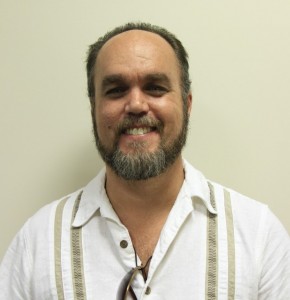 Real change takes more than just ideas, it requires sustained and supported implementation of those ideas, and a willingness to make course corrections based on new data. It also requires that the ideas dreamed up by policy wonks get translated into useful action on the ground. Too often there is a disconnect between good ideas and actual practice.
Real change takes more than just ideas, it requires sustained and supported implementation of those ideas, and a willingness to make course corrections based on new data. It also requires that the ideas dreamed up by policy wonks get translated into useful action on the ground. Too often there is a disconnect between good ideas and actual practice.
In the realm of juvenile justice we are seeing the fruition of just this kind of ongoing effort. Across the country laws are changing, policies are being rewritten and the realization that “kids are different” is being absorbed from top to bottom. This change has been 20 years in the making, and still has a long way to go.
Integral to this effort has been the work of the MacArthur Foundation, most notably their Models for Change project. For 20 years, MacArthur has supported research, evidence based best practices, education and collaboration between stakeholders in juvenile justice reform. (To be fully transparent, they also fund the Juvenile Justice Resource Hub, curated by the National Juvenile Justice Network and housed at and promoted by the Juvenile Justice Information Exchange.)
As reported in ABA Journal, MacArthur’s latest effort dedicates $15 million for the creation of four resource centers whose aim will be “to provide judges, prosecutors, defenders, policymakers, advocates, probation officers, and mental health and social service agencies with technical assistance, trainings, tools, and resources to advance juvenile justice reform throughout the country.”
The four resource centers will each address different facets of juvenile justice reform. They include the Mental Health and Juvenile Justice Collaborative for Change, the National Juvenile Defender Center, the Robert F. Kennedy National Resource Center for Juvenile Justice, and the Status Offense Reform Center.
When we consider that this brings MacArthur’s 20-year level of funding for juvenile justice reform to $165 million we can appreciate the power of sustained effort. This is the kind of giving that works. Too often grant makers lack the long term vision needed to address large scale problems. Here we see the opposite. These centers will extend the work of researchers and policy makers to those who come face to face with kids every day, and give them the tools they need to bring real reform to fruition. This is the kind of change we need.